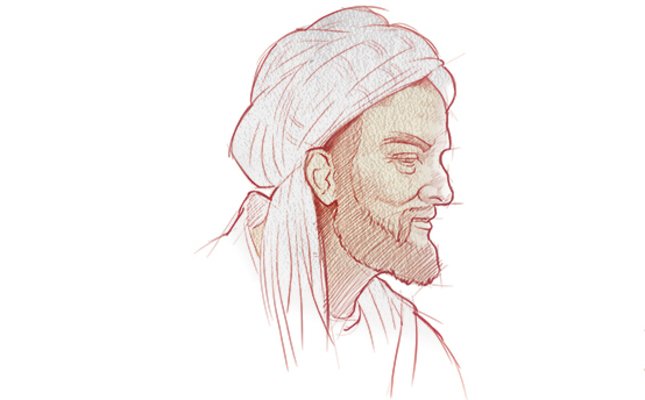During the siege of Damascus in 1401, the eminent Arab historian Ibn Khaldun encountered Amir Timur. Ibn Khaldun departed Timur’s camp after a month there with tremendous admiration for the great ruler. Timur’s historical expertise and everything else they discussed during that time amazed Ibn Khaldun. Ibn Khaldun, therefore, came to the following straightforward judgement regarding Timur:
One of the most powerful and great kings ever was this one, Timur. Some claim he has the knowledge, others believe he is a Shi’ite because of his fondness for Ahl al-Bayt (the Prophet’s family), and still, others claim he uses magic and sorcery, but none of this is true—it is all just a rumour. He simply enjoys debating and arguing about both what he knows and what he does not know due to his high intelligence and keen insight. He is in his mid-sixties to late-seventies.
According to what he told me, his right knee is paralysed as a result of an arrow that wounded it when he was a young raider. He used to drag it on short walks but needed men to carry him on their shoulders for longer journeys.
He is one who enjoys God’s favour; the authority belongs to God, and He bestows it onto whomever He pleases among his creations.
Reference:
J. Marozzi (2006). The world was conquered by Tamerlane, the sword of Islam. Massachusetts: Da Capo Press.
W. J. Fischel (1952). Tamerlane and Ibn Khaldun are. University of California Press, America.
Reference:
Marozzi, J. (2006). Tamerlane: Sword of Islam, conqueror of the world. Cambridge, MA: Da Capo Press.
Fischel, W. J. (1952). Ibn Khaldun and Tamerlane. United States: University of California Press.
